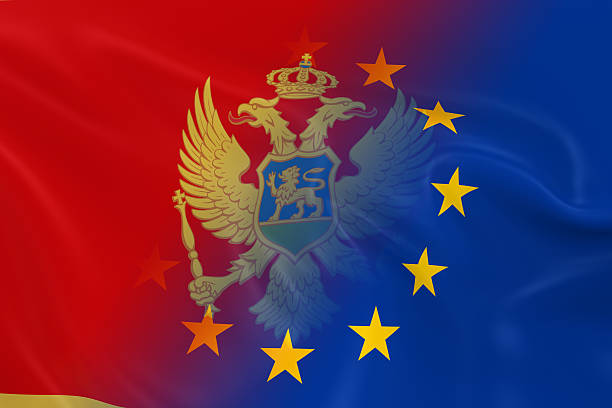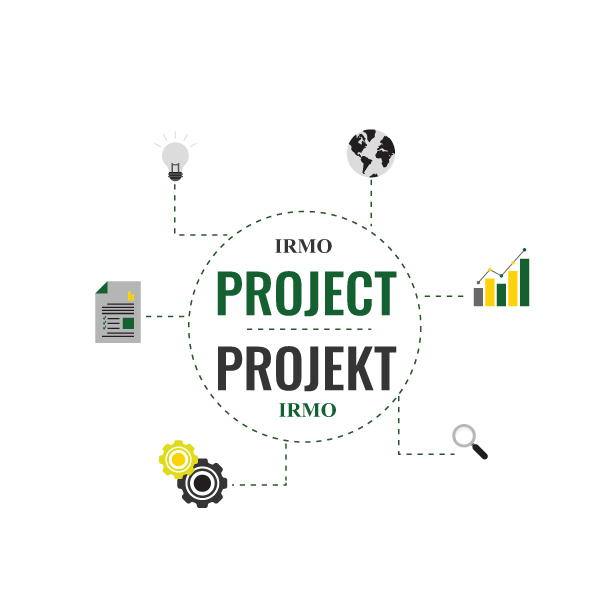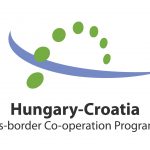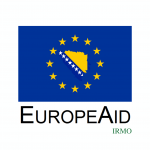
Project duration: 11/2019 – 8/2020
Client: EAST WEST CONSULTING – EWC sprl
The coordinator of the project: Jakša Puljiz, PhD
Evaluation of national strategic projects that were implemented within the framework of the national action plan for the IPA II programme for 2014 in the area of harmonization and implementation of the EU acquis on the internal market.
The aim of this mid-term evaluation is to assess the success of the implementation of the IPA 2014 Action 15 on harmonization and implementation of the EU acquis on the internal market – AIM II. The evaluation was carried out on the basis of the activity plan of the National Coordinator for the IPA of Montenegro. In particular, the goal of the project is to determine to what extent the objectives of the activity are achieved, both in terms of contribution to the accession process within the framework of the related negotiation chapters. (chapter 1 on free movement of goods and chapter 28 on consumer and health protection), and of building the capacity of beneficiary institutions.
The subject of the evaluation were the following three components:
Component 1: Strategy framework in the field of market surveillance
Within the framework of this component, Montenegro was supposed to receive support in the creatinog of a new strategic framework for monitoring and supervising the market of goods and services.
Component 2: Harmonization of legislation
The main expected result of this component is the alignment of national legislation for Chapter 1: Free movement of goods and Chapter 28: Consumer and health protection with the EU acquis.
Component 3: Capacity Building and Awareness Raising
Within this component, it is planned to strengthen the administrative capacities of the Ministry of Economy and other relevant institutions responsible for the implementation of national legislation in the area of Chapter 1: Free movement of goods and Chapter 28: Consumer and health protection.
OECD evaluation criteria (relevance, effectiveness, efficiency, sustainability and performance) were applied as the fundamental basis of the project implementation. In addition, the quality of donor coordination (complementarity/coordination) and the added value of the EU were evaluated. All collected data were triangulated to the greatest extent possible. This includes cross-validation of data from more than two sources. It also includes, to the extent possible, additional data collection methods, e.g. from statistical sources, interviews, observations – to generate and test the findings. The intervention logic played a key role in explaining how and why Action 15 was successful or not in achieving its goals. The key conclusions of the evaluation are:
• Action 15 was and remains relevant to the needs, problems and issues in the area of free movement of goods and consumer protection, national strategies and action plans, and access priorities. IL is inadequate and outdated.
• The results are most visible in a series of legal acts that directly contribute to the fulfillment of the final criteria from Chapters 1 and 28 and in the strengthened capacities of key institutions in the area of Chapters 1 and 28.
• After initial delays in concluding the contract, the implementation process is going well. Component 1, however, has not started.
• The consumption dynamics are in accordance with the activities performed. Financial reports are not sufficiently transparent.
• Implementation results are mainly legal acts which as such will have an effect even after the end of the IPA project. The sustainability of the results in the area of strengthening human resources will depend on the retention of trained employees.
• The action produced a tangible impact in the area of consumer protection, as well as in the business environment and the competitiveness of Montenegrin companies on the EU market. Without EU support, it would be very difficult for local actors to achieve similar results in the same timeframe.
• There are no interventions by other donors in the area of the EU single market and consumer protection, and therefore there are no problems with the coordination of interventions.
Based on the established findings, a number of recommendations were proposed for the National IPA Coordinator and the EC.






